German Ideology Quotes & Sayings
Enjoy reading and share 9 famous quotes about German Ideology with everyone.
Top German Ideology Quotes
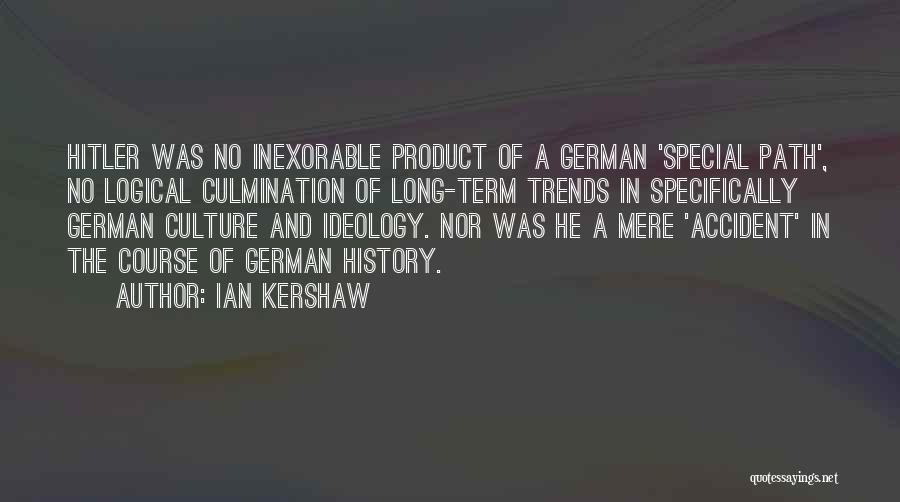
Hitler was no inexorable product of a German 'special path', no logical culmination of long-term trends in specifically German culture and ideology. Nor was he a mere 'accident' in the course of German history. — Ian Kershaw
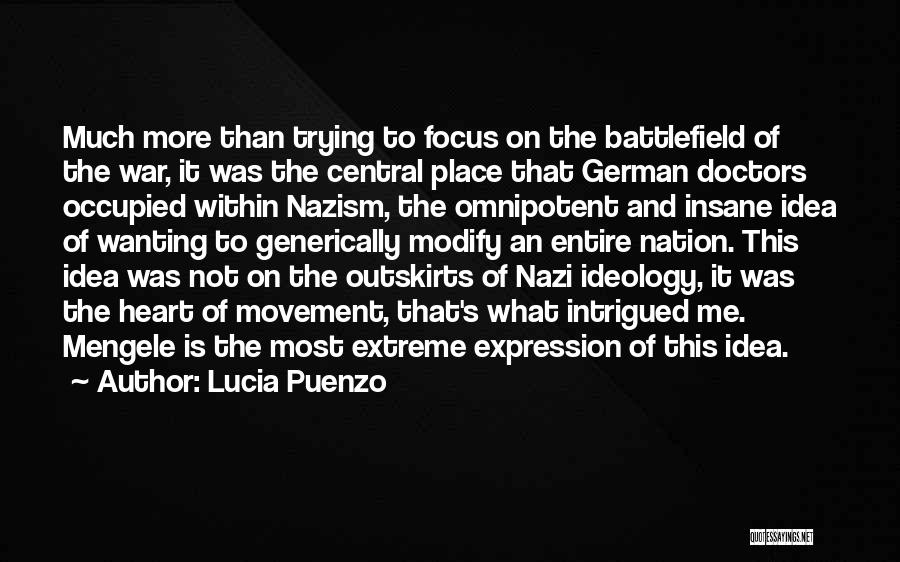
Much more than trying to focus on the battlefield of the war, it was the central place that German doctors occupied within Nazism, the omnipotent and insane idea of wanting to generically modify an entire nation. This idea was not on the outskirts of Nazi ideology, it was the heart of movement, that's what intrigued me. Mengele is the most extreme expression of this idea. — Lucia Puenzo
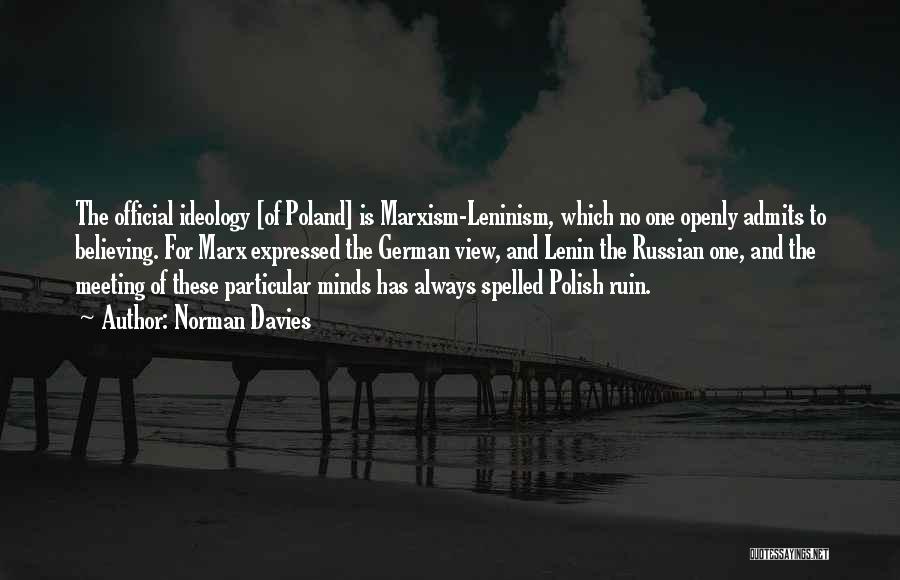
The official ideology [of Poland] is Marxism-Leninism, which no one openly admits to believing. For Marx expressed the German view, and Lenin the Russian one, and the meeting of these particular minds has always spelled Polish ruin. — Norman Davies
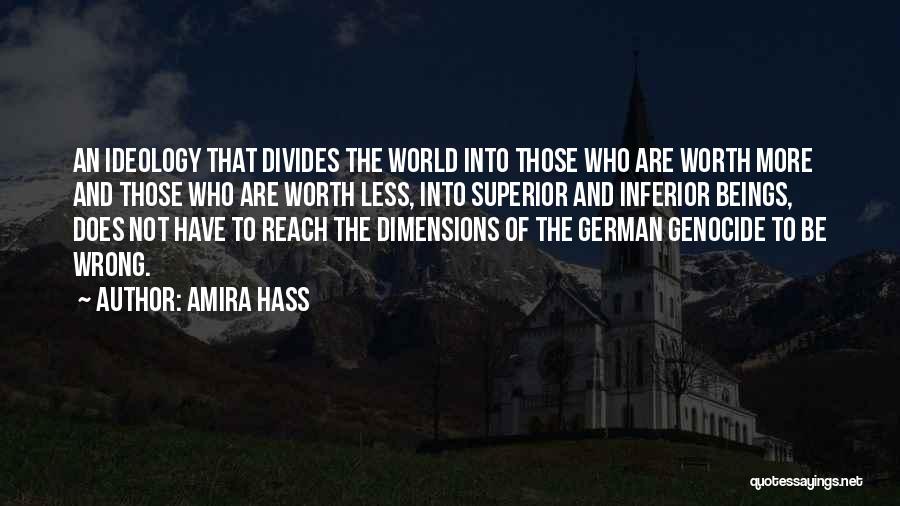
An ideology that divides the world into those who are worth more and those who are worth less, into superior and inferior beings, does not have to reach the dimensions of the German genocide to be wrong. — Amira Hass
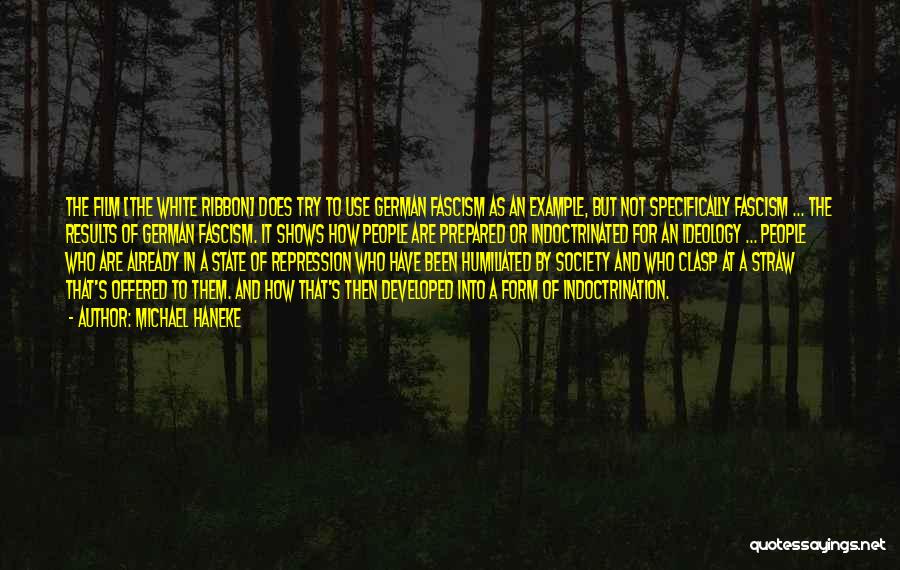
The film [the white Ribbon] does try to use German Fascism as an example, but not specifically Fascism ... the results of German Fascism. It shows how people are prepared or indoctrinated for an ideology ... people who are already in a state of repression who have been humiliated by society and who clasp at a straw that's offered to them. And how that's then developed into a form of indoctrination. — Michael Haneke
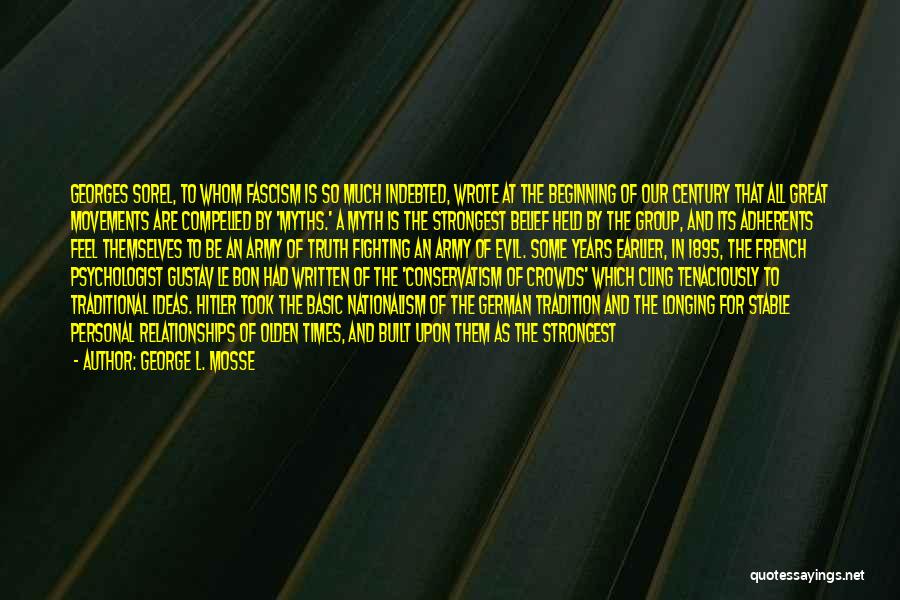
Georges Sorel, to whom fascism is so much indebted, wrote at the beginning of our century that all great movements are compelled by 'myths.' A myth is the strongest belief held by the group, and its adherents feel themselves to be an army of truth fighting an army of evil. Some years earlier, in 1895, the French psychologist Gustav Le Bon had written of the 'conservatism of crowds' which cling tenaciously to traditional ideas. Hitler took the basic nationalism of the German tradition and the longing for stable personal relationships of olden times, and built upon them as the strongest belief of the group. In the diffusion of the 'myth' Hitler fulfilled what Le Bon had forecast: that 'magical powers' were needed to control the crowd. The Fuhrer himself wrote of the 'magic influence' of mass suggestion and the liturgical aspects of his movement, and its success as a mass religion bore out the truth of this view. — George L. Mosse
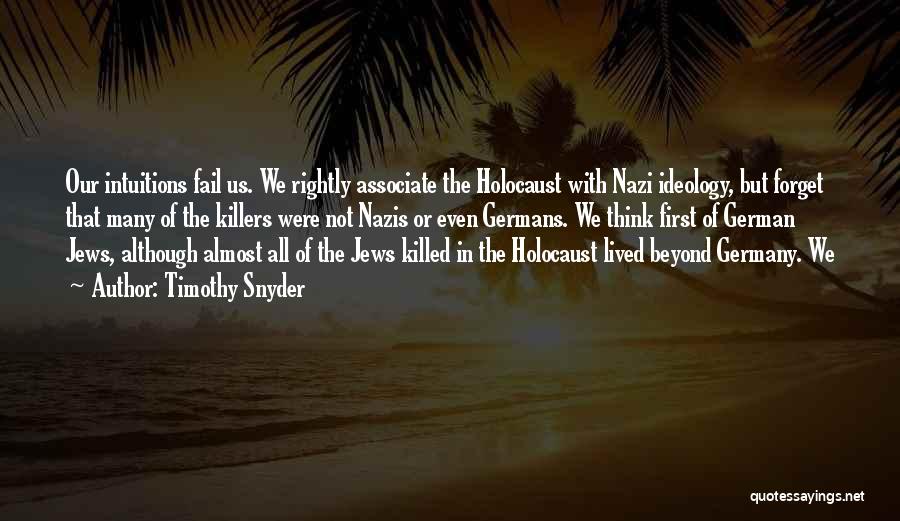
Our intuitions fail us. We rightly associate the Holocaust with Nazi ideology, but forget that many of the killers were not Nazis or even Germans. We think first of German Jews, although almost all of the Jews killed in the Holocaust lived beyond Germany. We — Timothy Snyder
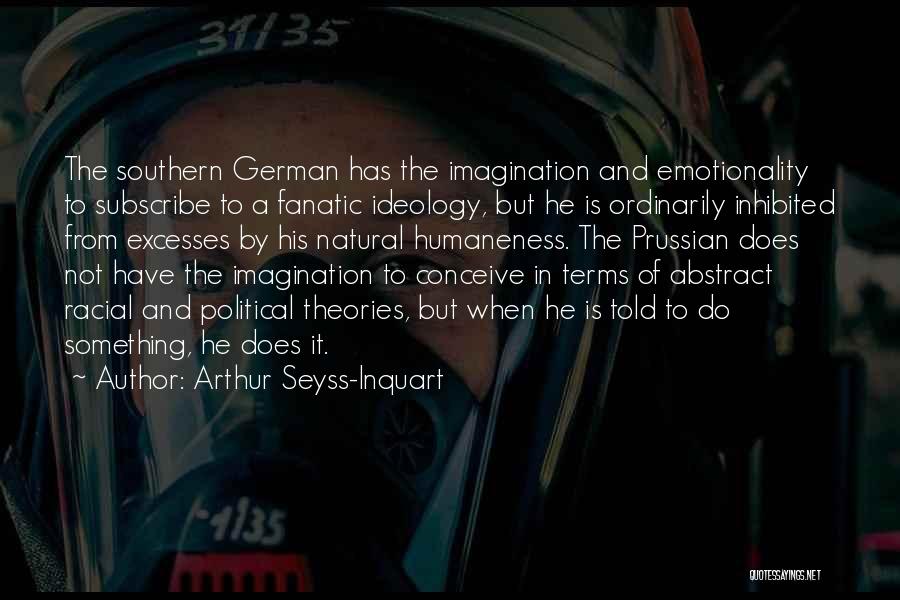
The southern German has the imagination and emotionality to subscribe to a fanatic ideology, but he is ordinarily inhibited from excesses by his natural humaneness. The Prussian does not have the imagination to conceive in terms of abstract racial and political theories, but when he is told to do something, he does it. — Arthur Seyss-Inquart

The basic theme of a hostile environment that seeks to destroy the ideology has many variations. Hitler fought his life-and-death struggle against a coalition (constructed by him alone) of 'Jewish, plutocratic and Bolshevik powers supported by the Vatican'; Ulrike Meinhof's indignation was directed against 'the German parliamentary coalition, the American government, the police, the state and university authorities, the bourgeois, the Shah of Iran, the multinational corporations, the capitalist system'; the opponents of nuclear energy imagine themselves up against a powerful, monolithic alliance of irresponsible corporations, the powers of high finance, and all the institutions that are slave to it: courts, authorities, universities, as well as other research institutions, and political parties. — Paul Watzlawick





